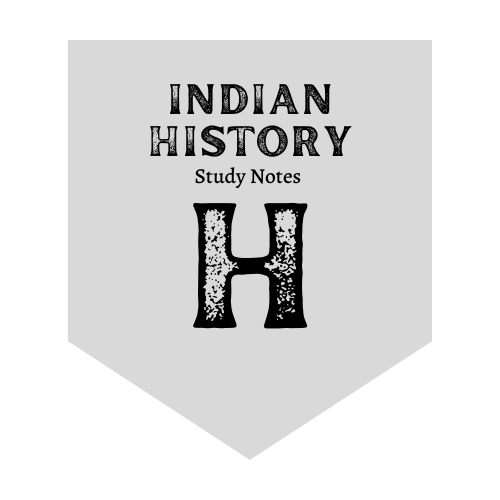The "advent of Europeans" refers to the historical period during which European explorers and traders began their extensive travels and interactions with other parts of the world, particularly Asia, Africa, and the Americas. This era, often referred to as the Age of Exploration or Age of Discovery, took place primarily from the late 15th century to the early 17th century. Several factors contributed to the European exploration and expansion:
1. Desire for Trade Routes:
o Europeans sought new trade routes to Asia, particularly for valuable goods like spices, silk, and precious metals. The traditional routes through the Middle East were controlled by Muslim powers, leading to a desire to find alternative routes.
2. Advancements in Navigation:
o Technological advancements in navigation, such as the invention of the astrolabe and improvements in ship design (like the caravel), enabled sailors to navigate across vast oceans more effectively.
3. Search for Wealth and Resources:
o European powers were motivated by the pursuit of wealth and access to valuable resources. The discovery of precious metals, such as gold and silver, became a significant driving force.
4. Religious Zeal and Crusading Spirit:
o Religious motives, including the desire to spread Christianity and counter the influence of Islam, played a role in European exploration. The Reconquista in Spain and the Crusades fueled a sense of religious mission.
5. Competitive Spirit among European Powers:
o Rivalry among European nations, particularly Spain, Portugal, England, France, and the Netherlands, led to intense competition for overseas territories, trade routes, and resources.
Key Explorers and Their Contributions:
1. Christopher Columbus (Spain):
o In 1492, Columbus, sponsored by Spain, reached the Americas, thinking he had found a westward route to Asia. This marked the beginning of European exploration in the Americas.
2. Vasco da Gama (Portugal):
o In 1498, Vasco da Gama sailed around the Cape of Good Hope, reaching the coast of India. This opened a sea route to the lucrative spice markets of the East.
3. Ferdinand Magellan (Spain):
o Magellan's expedition (1519-1522) circumnavigated the globe, proving the Earth was round. Although Magellan did not survive the journey, his fleet completed the first circumnavigation.
4. John Cabot (England):
o In 1497, Cabot explored the coast of North America, likely reaching parts of Canada. This laid the groundwork for later English claims in the New World.
5. Hernán Cortés (Spain):
o Cortés led the expedition that resulted in the conquest of the Aztec Empire in present-day Mexico (1519-1521).
6. Francisco Pizarro (Spain):
o Pizarro led the conquest of the Inca Empire in South America (1532-1533), adding vast territories to the Spanish Empire.
Consequences of European Exploration:
1. Colonization:
o European powers established colonies in the Americas, Africa, and Asia, leading to the creation of overseas empires.
2. Cultural Exchange:
o The Columbian Exchange facilitated the transfer of plants, animals, and cultures between the Old World and the New World.
3. Global Trade Networks:
o European exploration contributed to the development of global trade networks, linking distant regions economically.
4. Shift in World Power:
o The Age of Exploration marked the beginning of a shift in global power dynamics, with European nations becoming dominant players in world affairs.
5. Cultural and Technological Diffusion:
o The exchange of ideas, technologies, and cultural practices had profound and lasting impacts on societies around the world.
The advent of Europeans had wide-ranging consequences, both positive and negative, shaping the course of world history and influencing the development of diverse civilizations.




